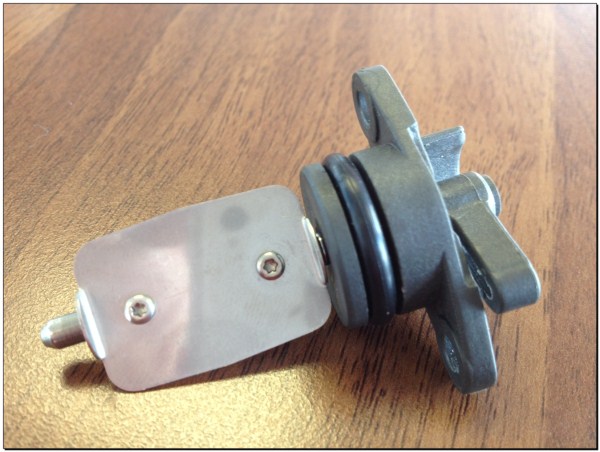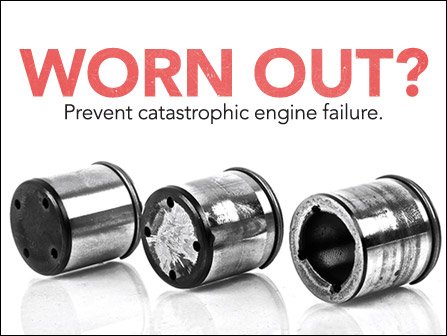Perfectos
Super Poster
Lifetime VIP Member
I can see You’re new to this vw thang ? deny everything !That's useful information. I wonder if that's because they know it helps from some in-depth understanding of the problem or because they know that customers want to see that when they sell it. Did they test the compression (bored) before trading it and giving you the money or after at their own risk ?




 447 × 336
447 × 336












